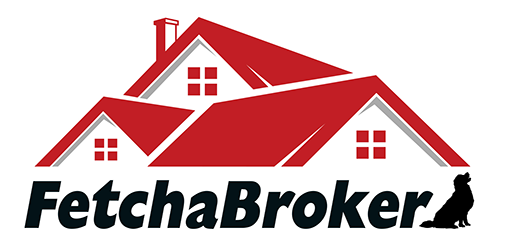1031 exchanges, also known as like-kind exchanges, provide a valuable opportunity for real estate investors to defer capital gains taxes and reinvest their profits into similar properties. This tax strategy has gained popularity among investors looking to maximize their returns and grow their portfolios. In this blog, we will explore some key facts about 1031 exchanges that every investor should know.
 1. What is a 1031 Exchange?
1. What is a 1031 Exchange?
A 1031 exchange is a provision in the U.S. Internal Revenue Code that allows investors to defer capital gains taxes when selling an investment property and reinvesting the proceeds into a similar property. The term “like-kind” refers to the requirement that the replacement property must be of the same nature or character as the relinquished property.
2. Deferring Capital Gains Taxes:
One of the primary benefits of a 1031 exchange is the ability to defer capital gains taxes. By reinvesting the proceeds from the sale into a like-kind property, investors can defer paying taxes on their gains, potentially allowing them to leverage their profits and acquire higher-value properties.
3. Time Constraints:
To qualify for a 1031 exchange, investors must adhere to specific time constraints. The IRS requires the identification of potential replacement properties within 45 days of selling the relinquished property. Additionally, the investor must complete the acquisition of the replacement property within 180 days from the sale.
4. Like-Kind Property Requirements:
While the term “like-kind” might seem restrictive, it is more flexible than it may appear. In the context of real estate, any property used for business or investment purposes can qualify for a like-kind exchange. For example, a residential rental property can be exchanged for a commercial property, or vice versa.
5. Qualified Intermediary:
To successfully complete a 1031 exchange, investors are required to work with a qualified intermediary (QI). The QI acts as a neutral third party responsible for holding the proceeds from the sale of the relinquished property and facilitating the acquisition of the replacement property. Their involvement ensures compliance with IRS regulations.
6. Boot and Tax Implications:
In some cases, a 1031 exchange may result in “boot,” which refers to any cash or non-like-kind property received by the investor during the exchange. Boot is subject to immediate taxation. Investors should carefully consider the implications of boot and consult with tax professionals to understand the potential tax consequences.
7. Restrictions on Personal Use:
It’s important to note that the purpose of a 1031 exchange is for investment or business properties, not personal residences. Primary residences or second homes used for personal enjoyment do not qualify for like-kind exchanges.
 1031 exchanges offer real estate investors a valuable tax strategy to defer capital gains taxes and reinvest their profits into similar properties. By understanding the key facts surrounding 1031 exchanges, investors can take advantage of this opportunity to grow their portfolios and maximize their returns. However, it is crucial to consult with tax professionals and qualified intermediaries to ensure compliance with IRS regulations and make informed investment decisions. As with any tax-related matter, seeking professional advice is essential to navigate the complexities of 1031 exchanges successfully.
1031 exchanges offer real estate investors a valuable tax strategy to defer capital gains taxes and reinvest their profits into similar properties. By understanding the key facts surrounding 1031 exchanges, investors can take advantage of this opportunity to grow their portfolios and maximize their returns. However, it is crucial to consult with tax professionals and qualified intermediaries to ensure compliance with IRS regulations and make informed investment decisions. As with any tax-related matter, seeking professional advice is essential to navigate the complexities of 1031 exchanges successfully.

